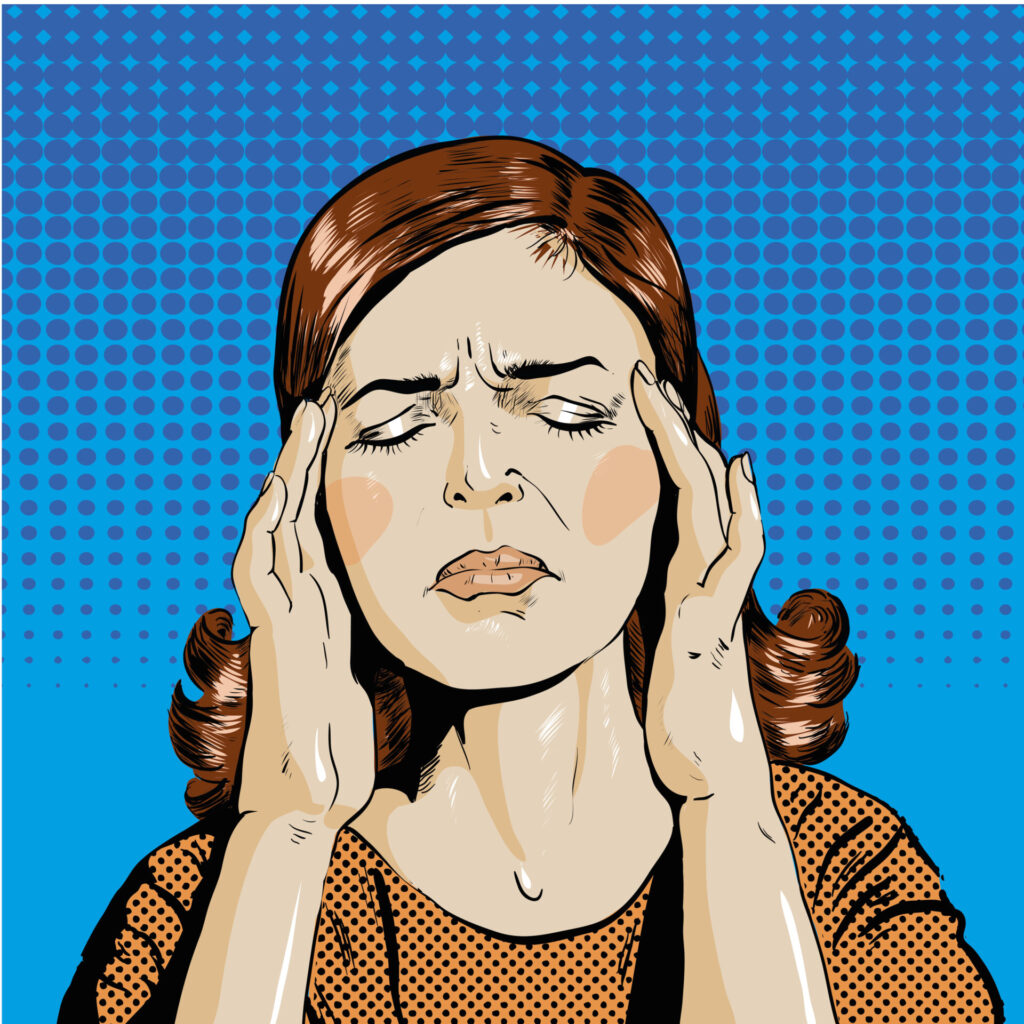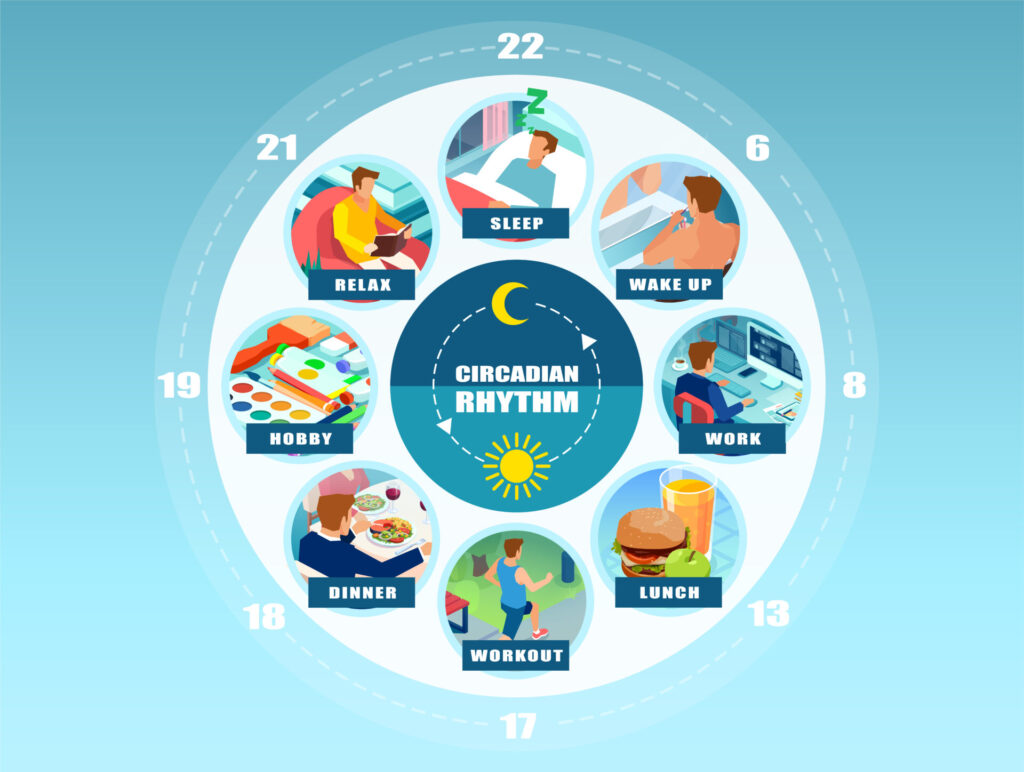
What are headaches telling you about your body? Headaches are usually a messenger of sorts, letting us know that something is not quite right with our body. If you are dehydrated, you will get a headache. If you are tired, you will get a headache. Even if you are hungry, you will get a headache. If a part of your body is not functioning properly, it may well let you know with a throbbing head pain.
What Causes Headaches
It’s often difficult to isolate why you have a headache. What has triggered the pain? A whiff of perfume, stress, lack of sleep, can all be enough to bring on the pain. Often, headaches will disappear on their own after drinking a glass of water or eating a meal. But a recurrent headache tells you to look for the underlying cause. Just taking a painkiller to resolve your symptoms, isn’t going to treat the root cause. And that is what we do in Functional Medicine. Look for the root cause of your pain.
There are 2 main categories of headaches: primary and secondary.
Primary
A primary headache means that the problem is the head pain. This can be a tension, cluster or migraine headaches. These make up about 90% of head pain and don’t mean that you have an underlying condition. It can be triggered by drinking alcohol, dehydration, hunger or chemicals in processed food. These types of headaches can also be caused by a lack of nutrients or a hormone imbalance.
Tension headaches are felt around the temples and eyes or the base of the skull. It feels like a tight pressure and can be mild or last for many hours. It is often caused by stress, lack of sleep, teeth grinding during the night.
Cluster headaches are severe and usually occur on one side of the head, in clusters. This means that they happen regularly for a while, then can be gone for some time. They are usually accompanied by a stuffy nose, teary and puffy eyes
Migraine headaches are also severe and usually on one side of the head. They are sometimes accompanied by vomiting and nausea, and start with flashing lights in the eyes. These can last anything up to 72 hours, and can be debilitating.
If your headache / migraine is persistent and does not resolve within 24 hrs, then you should see your GP for further assessment.
Secondary
A secondary headache implies that there is an underlying cause from somewhere else in the body such as inflammation that is being picked up by the vagus nerve and being sensed by the neurons and pain receptors in the head. There are many underlying causes, including sinus infection, hormone imbalance, dehydration, toxin build-up, constipation, hunger, stress etc.
Some Simple Solutions:
- Try to get to the root cause of your headache.
- Keep a journal, so that you can track lifestyle events, food eaten, season, time of day etc, to when you get a headache.
- Drink a large glass of water – aim for up to 6-8 glasses a day.
- Don’t get dependent on caffeine – withdrawal causes headaches.
- Increase the fibre in your diet and resolve constipation, to ensure that toxins are being eliminated..
- Focus on some deep, slow breathing to engage the vagus nerve and kick in your para-sympthetic nervous system.
- Get into Nature and tune in to the trees, grass, water, air.
- Play some binaural beats music to activate your theta brainwaves.
- Try a steam bath with essential oils (lavender, geranium, frankincense).
- Get your hormones checked – you can contact Kate to help advise on testing and an action plan.
If you want to get to the root of your headaches, then contact me, as I offer a range of testing options in my clinic if this is something you would like to explore further.





0 Comments